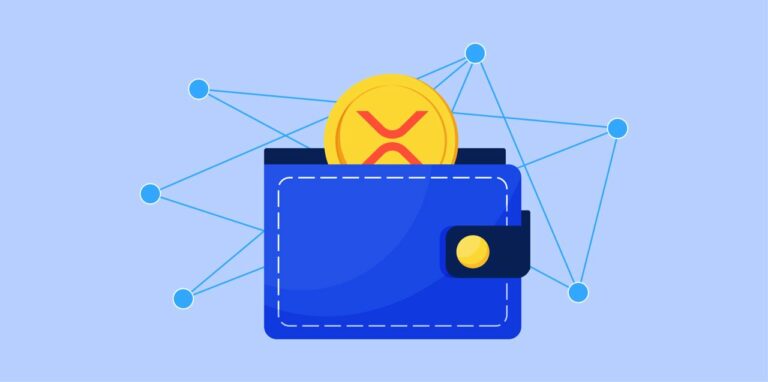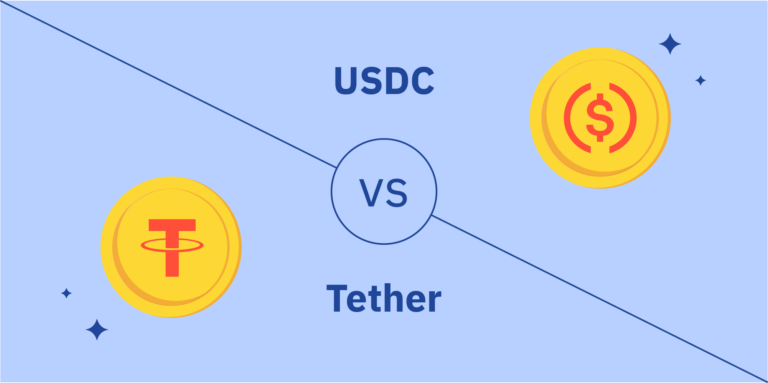The Best Uniswap Alternatives
This article lists the top 7 Uniswap alternatives for decentralized crypto trading.
Before moving on to the alternatives, we consider it essential to note that Uniswap is a so-called GOLD STANDARD for DEX trading. Why?
Because this pioneering protocol was the first to use the automated market maker (AMM) design, which has since become the standard for decentralized cryptocurrency trading.
In our big article “What is Uniswap,” we have discussed the features of AMM and the work of Uniswap in general.
Here we’ll avoid getting into the technical details. Please, just remember that Uniswap is considered a “quality benchmark” of decentralized exchanges. Because of this, most alternatives use the same AMM idea as Uniswap, but some have unique ways of doing things.
So, let’s start reviewing them!
PancakeSwap

PancakeSwap is the most popular decentralized exchange on the Binance Smart Chain blockchain. Even though it works a lot like Uniswap, the project has added a few extra features to give its users more.
With PancakeSwap, you can quickly switch between different BEP-20 tokens that run on the Binance Smart Chain blockchain. The network also has its own cryptocurrency called “CAKE,” which is used for several things within the PancakeSwap ecosystem. You could, for example, stake your CAKE tokens in “Syrup Pools” to earn more CAKE tokens or even other types of tokens in certain situations.
Yield farming is another part of the PancakeSwap platform. You can stake your LP Tokens to get CAKE tokens. Initial farm offers, or IFOs, are another distinctive feature of PancakeSwap, which provide users the chance to profit from projects’ just released tokens.
The PancakeSwap platform fee is 0.25% per trade, slightly lower than the average fee on Uniswap.
PancakeSwap is one of the best alternatives to Uniswap for all the reasons listed above.
1inch

A DeFi project called 1inch has created solutions for the Ethereum, Polygon, and Binance Smart Chain blockchains. Even though 1-inch has an AMM called Mooniswap, most people know them from their DeFi aggregator protocol.
Imagine you want to trade some of your ETH for DAI. After searching through several DeFi protocols, 1 inch will find you the best switch. You can even optimize for the highest return or the lowest gas costs. 1-inch spreads orders across many decentralized exchanges to reduce slippage and help you get the most out of your cryptocurrency.
The fact that 1inch also accepts limit orders, which is unusual in the DeFi area, makes it quite unique. Simply specify the tokens you want to spend and receive, the amount you want to pay, and the order length. When the token price reaches the price you set, 1 inch will automatically execute the deal on your behalf at the best market rates.
Another component of 1-inch is the 1-INCH token, which can be used for both governance and utility purposes.
SushiSwap

SushiSwap is one of Uniswap’s main competitors on Ethereum. The company has also added the protocol to other blockchain platforms, such as Polygon, Binance Smart Chain, Fantom, and others.
In August 2020, SushiSwap came out as a fork of Uniswap and a direct competitor. However, the team made a significant change to their product that Uniswap didn’t offer at the time. By sending Uniswap LP tokens to SushiSwap, users can get SUSHI tokens, which they can then stake on to get a share of all the fees SushiSwap earns. This strategy worked very well, and for a short time, SushiSwap was a serious threat to Uniswap’s position as the best-decentralized exchange.
Later, Uniswap released UNI, its own token, to fight this “vampire attack,” which tipped the scales back in its favor.
No matter how SushiSwap got started, it now has a very active community of users and developers and has a life of its own. The SushiSwap protocol has been adopted by blockchain platforms other than Ethereum. The larger Sushi ecosystem now offers a wide range of DeFi features, such as yield farming, lending, and staking.
SushiSwap and the Sushi ecosystem are something to think about, whether you want to use DeFi in some other way or trade tokens on-chain.
Binance DEX

The decentralized cryptocurrency exchange Binance DEX was created by Binance. It was released in April 2019 and offers a trading environment that is very similar to that of centralized exchanges. Binance Chain, a blockchain that Binance made explicitly for the use case of decentralized trading, is the basis for Binance DEX. Binance Chain is compatible with Binance Smart Chain, which is much more well-known now and uses BNB as its native asset.
Like other DEXs, Binance DEX is non-custodial, which means you keep control of the private keys to your cryptocurrency and don’t have to give them to someone else to keep them safe.
Binance DEX is a great place to start if you are used to trading on controlled exchanges but want to test out decentralized exchanges too.
On the other hand, the AMM model-based decentralized exchanges have proven to be more popular with traders.
Serum

Serum is a decentralized exchange built on Solana, a blockchain technology made to be scalable. A wormhole is a way to move ERC-20 tokens to the Solana network. This can be useful for people who use the Solana network.
The Serum project wants to make a decentralized exchange that works as well as its centralized competitors and is as appealing to users.
The interface of Serum DEX is more like a centralized exchange than a decentralized exchange. Included are the order book, a price list, and a place to place orders. Traders on Serum can place limit orders, which is not something that happens very often on the DeFi market.
The Serum project uses SRM, which is a utility token and a governance token. The token gives its owners benefits when they use the Serum exchange. It can be bought on both Solana and Ethereum.
It’s important to note that Alameda Research, Multicoin Capital, FTX, and other well-known cryptocurrency players back the Serum project.
DODO DEX

A decentralized exchange called DODO DEX uses a concept called Proactive Market Maker (PMM), which is similar to the AMM idea we just mentioned above. According to the DODO DEX team, the PMM architecture makes it less likely that liquidity providers will lose money temporarily. Another exciting thing about DODO DEX is that the protocol lets people deposit just one token. This means liquidity providers don’t have to deposit two tokens to a pool.
From the point of view of a trader, PMM reduces slippage, which means that deals can be done at more stable prices.
One of DODO DEX’s notable features is crowd pooling, which gives cryptocurrency projects a new way to give tokens to users. It works on both the Ethereum blockchain platform and the Binance Smart Chain platform.
The DODO token is used for governance, running a fee-sharing system, and giving members benefits. For example, DODO owners may be able to save on trading fees on the DODO DEX and take part in the first-ever DEX promotions on the platform.
A Cheaper Alternative to Uniswap: QuickSwap

A version of Uniswap called QuickSwap is used on the Polygon blockchain. Compared to Ethereum, Polygon is a scaling solution offering lower costs and faster transactions. With QuickSwap, you can trade tokens and provide liquidity as you would with an AMM.
However, QuickSwap does have some tricks up its sleeve – it features a liquidity mining program where users can deposit their LP Tokens to earn the QUICK governance token. QuickSwap now also supports IDOs or initial DEX offerings. IDOs give users a chance to purchase tokens that are being launched by up-and-coming crypto projects.
If you’re exploring the Polygon to cut down on your transaction costs, QuickSwap is certainly a DEX worth checking out.
FAQ
The article above lists many alternatives to Uniswap
Uniswap and SushiSwap are very similar competing decentralized exchanges (DEXs) built on the Ethereum blockchain. While UNI handles more volume and has been around for more time, SUSHI has some unique benefits, such as a yield farming platform and bonuses for token holders.
The PancakeSwap platform fee is 0.25% per trade, slightly better than the average fee on Uniswap.
Coinbase charges 0.5% fees for trades up to $10K. They’ll also charge you the gas used for Ethereum transfers when it gets tricky. In contrast, Uniswap charges 0.3% regardless of the amount traded.
Final Thoughts
The Uniswap team has made a great protocol that will probably be one of the most successful projects in DeFi for a long time. But rivals are also making their case, and the final result is better products for users.
If you’re using a blockchain like Binance Smart Chain or Polygon that doesn’t have Uniswap, it’s good to know that there are other ways to trade tokens. Even on Ethereum, where Uniswap is the most popular exchange, other DEXs might have better prices or more unique features.





